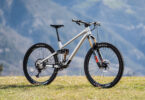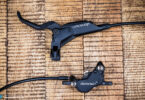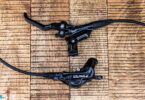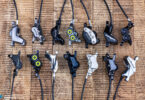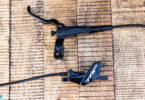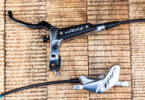DT Swiss present the FR 1500 wheelset, designed for hard enduro and downhill use. It is based on the recently introduced FR 541 aluminium rims and proven 240 hubs, available in all common wheel sizes and hub widths. We put them through their paces to find out how much abuse they can take.
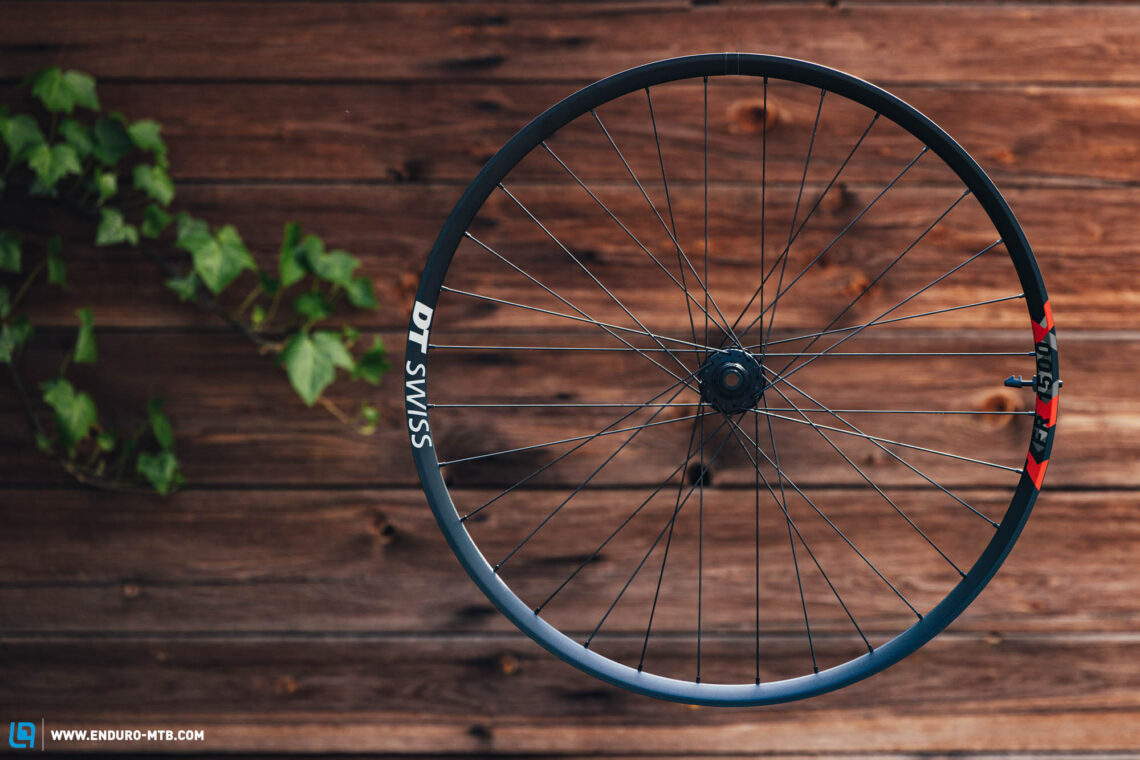
DT Swiss are probably amongst the best-known wheel brands in the cycling industry and their reputation for quality precedes them. Many modern mountain bikes come factory-specced with wheels from the Swiss rim, hub, and spoke specialists. After introducing the new FR 541 aluminium rim last September, DT Swiss have now followed up with the corresponding wheelset. With a little know-how, there are a lot of specs to be gleaned from the model-name of the DT Swiss FR 1500 Classic wheelset. The initials FR indicate the intended use and product range classification. In this case, the “F” stands for freeride and places the FR 1500 Classic in the freeride and downhill segment. As such, it is intended for hard enduro or downhill use. The use of two letters indicates that it’s a high-end aluminium wheelset. The 4-digit number 1500 tells us that it’s a wheelset built up around the high-quality 240 hubs, and the “Classic” at the end refers to the use of J-bend spokes.
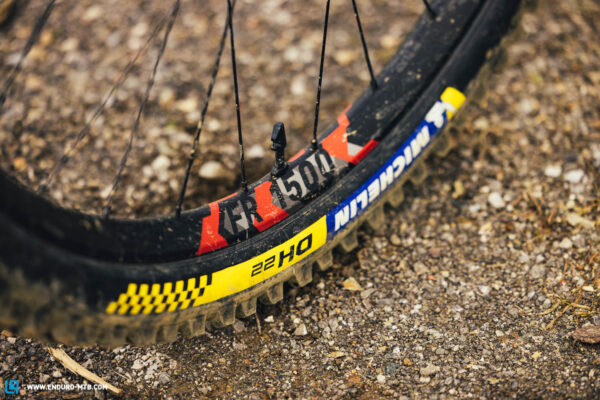
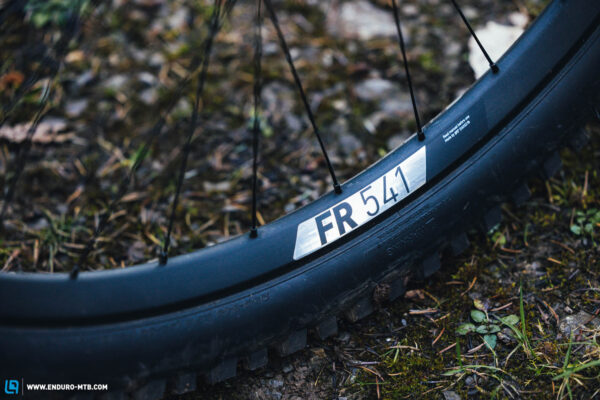
Availability and prices of the DT Swiss FR 1500 Classic wheelset
The DT Swiss FR 1500 Classic wheelset should be available immediately and is priced at € 899. You can buy it as a set of 29″, 27.5″ or a mix of both wheel sizes. It is also available in the common axle dimensions for the intended use. In other words, you can choose from a 15 mm thru-axle for enduro bikes, or 20 mm thru-axle for DH bikes – up front; and a 148 mm Boost, 150 mm, or 157 mm wide axle at the rear. All hubs rely on a 6-bolt brake rotor interface and the Ratchet EXP freehub system from DT Swiss on the rear. They’re cleared for maximum permissible weight of 140 kg, which should be more than sufficient for most riders. In terms of colour, however, there is just one red decal variant to choose from. All wheelsets from DT Swiss are built and aligned by hand, and – with a SRAM XD freehub body – the set weighs 1,879 grams. They come shipped tubeless ready with the rim tape already fitted and tubeless valves included.
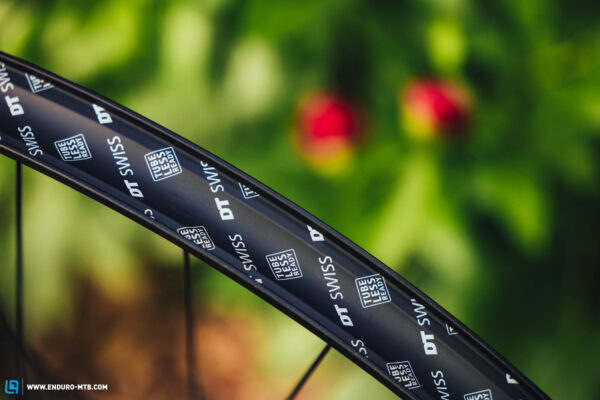
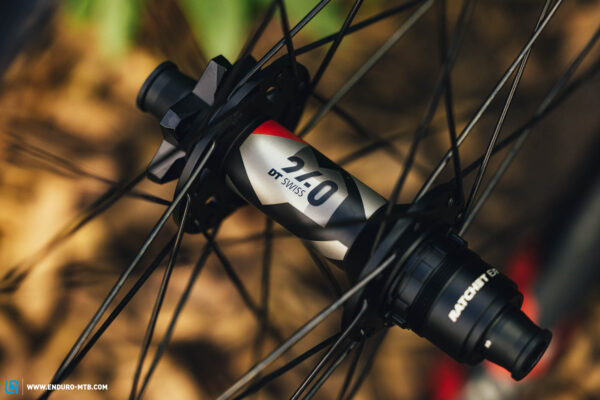
The DT Swiss FR 1500 Classic wheelset in detail
For the first time, DT Swiss are using a different hole count on the front and rear wheels: The front wheel has 28 spokes, whereas the rear has 32. According to DT Swiss, this should provide optimum level of front and rear stiffness, which isn’t just determined by the spoke tension but also by the number of spokes. Stiffness is further influenced using classic J-bend spokes instead of straight pull spokes, like you’ll find on the EX 1700 wheelset. In addition, the J-bend spokes – which are named after the J-shaped spoke head – are designed to withstand greater tensile and compressive loads. The DT Competition spokes are held in place with the help of aluminium nipples and DT Swiss’ proven Pro Head Reinforcement (PHR) system. The PHR system uses a kind of concave washer, which automatically aligns the nipples in the spoke holes, thereby distributing the tensile force over a larger area. This technology can be found on almost all of DT Swiss high-end mountain bike wheels. If you must replace a spoke at some point, nonetheless, you can find the length and type of the spoke with the help of the dot code on the wheel. In future, you should also see a more common QR code on the wheels. Alternatively, you can find the right spares by using product code or search function on the DT Swiss website.
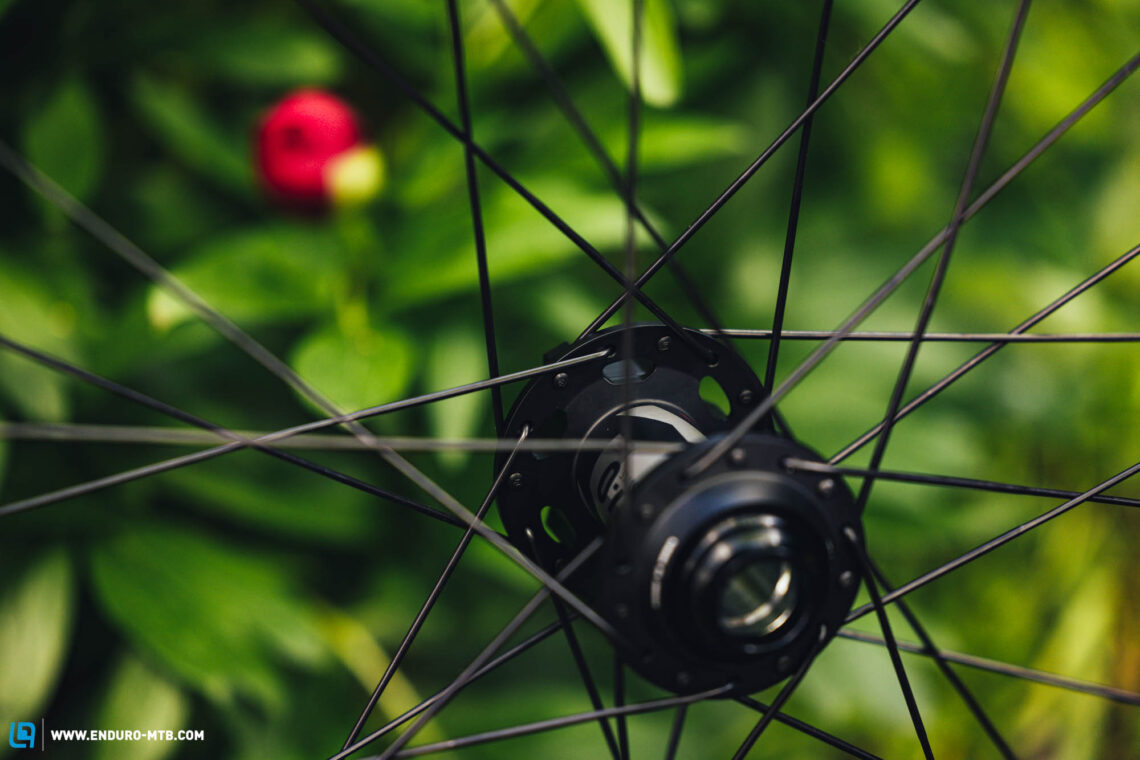
The FR 541 rims have an internal width of 30 mm and are based on the well-known EX model. However, material was added or removed at certain points. For example, material was added to the end of the rim flange so that it doesn’t just bulge inwards, but also slightly outwards. This mushroom shape doesn’t just reduce the susceptibility to dents but also increases the surface area contacting the tire. According to the DT Swiss, the outward bulge promises to reduce the occurrence of punctures by about 17%, since the larger surface area reduces the risk of pinch flats. They also added material around the PHR system. In other words, the rim bed has been reinforced and should therefore be able to cope with greater pulling forces on the spokes. As usual, DT Swiss’ aluminium rims are welded together at one point, though you’ll have to look very closely to find the seam, boasting the high-quality workmanship we’ve come to expect from the brand.
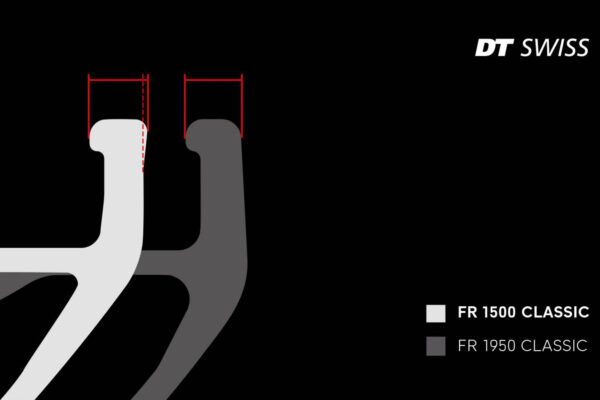
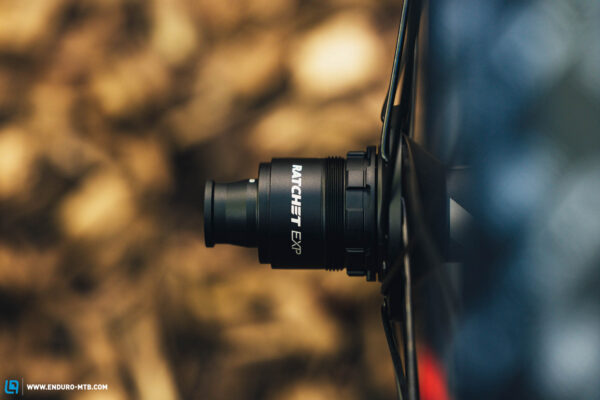
The 240 hubs are top-end models in DT Swiss’ mountain bike line-up, featuring the Ratchet EXP freehub system. With 36 teeth, they’ve got an engagement angle of 10°. The Ratchet EXP system allows you to remove the cassette together with the freehub body, without tools, making it super easy to service your hub, for example. However, you’ve got to be careful when the rear wheel isn’t installed in the bike, especially when you’ve just installed a tire and want to distribute the sealant inside by shaking and bouncing the wheel a little harder than necessary, since the cassette and a host of small parts can fall off and land up in the dirt.
The DT Swiss FR 1500 Classic wheelset on the trail
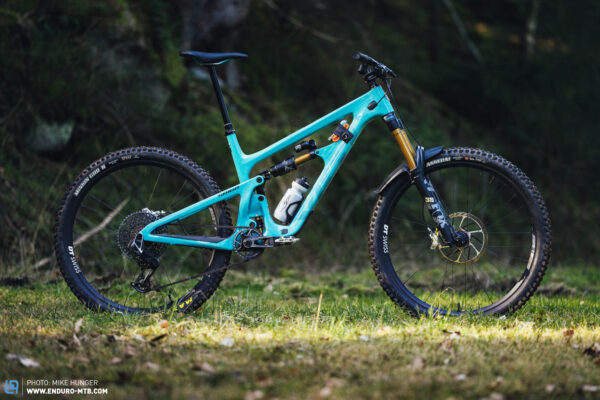
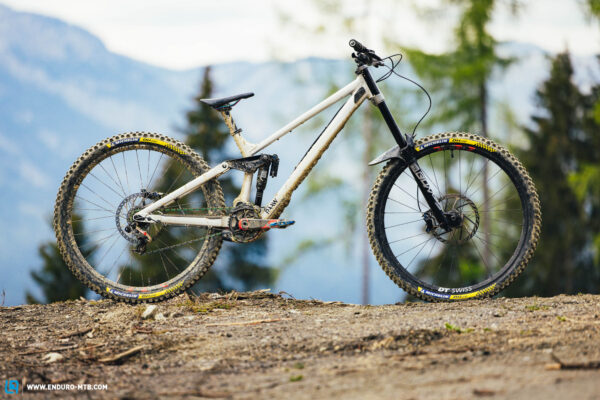
DT Swiss sent us a wheelset with the 240 hubs for the launch of the FR 541 rim last summer, which we’ve been using on a Yeti SB160 since. We’ve also been running a FR 1500 Classic wheelset on a RAAW Yalla! for about 2 months, allowing us to rack up quite a few kilometres on the wheels. Both the wheelset based on the FR 541 rim and 240 hub, and the new FR 1500 Classic wheelset have gotten slammed into rocks so hard on the downhill track in Schladming and countless shuttle runs in Finale Ligure that we still hear ringing in our ears, and it hasn’t so much as phased them. Except for a few external scratches on the rims, there is no visible damage, and that with a rider weight of about 100 kg. No dents, no loose spokes, no tires that got torn off, and no punctures, though we always had tires with robust casings fitted, such as the MAXXIS Doubledown or Michelin DH.
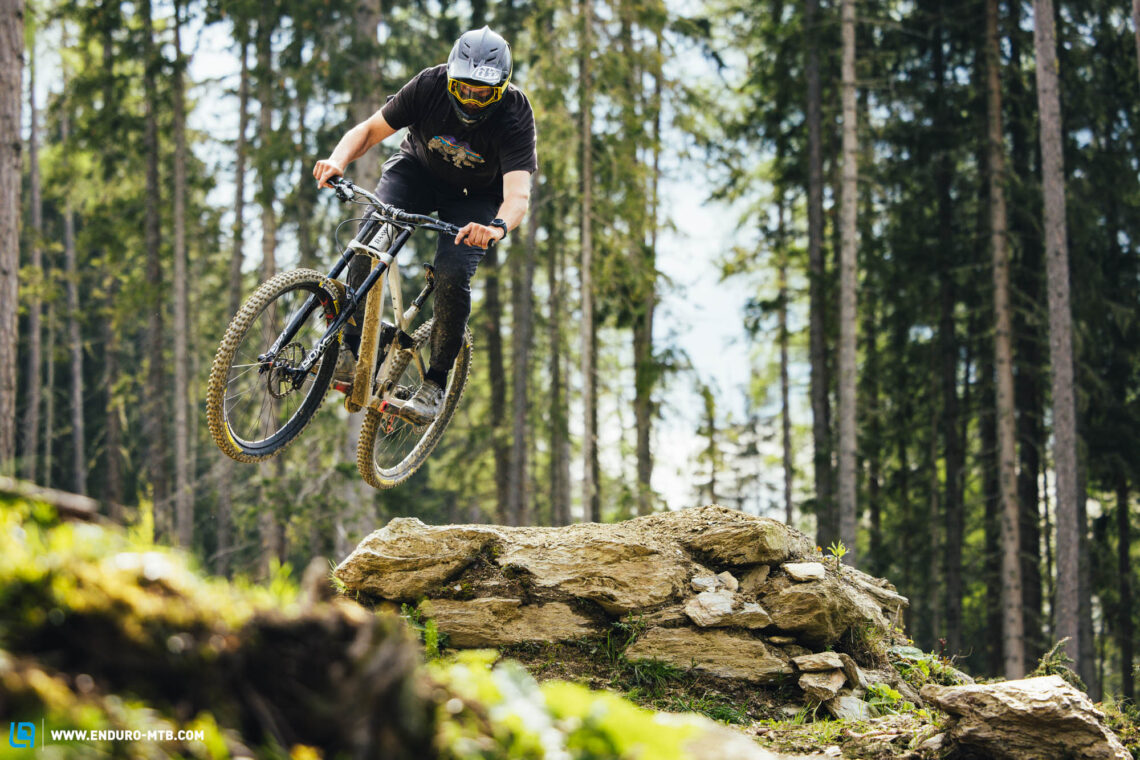
On the trail, the FR 1500 Classic wheelset provides a pleasant level of stiffness that filters out small vibrations, striking a good balance between traction and precision. Thus, the wheels don’t get knocked off line by lateral impacts, and they spring back from big compressions and impacts in a very controllable fashion, making them easy to keep on track.
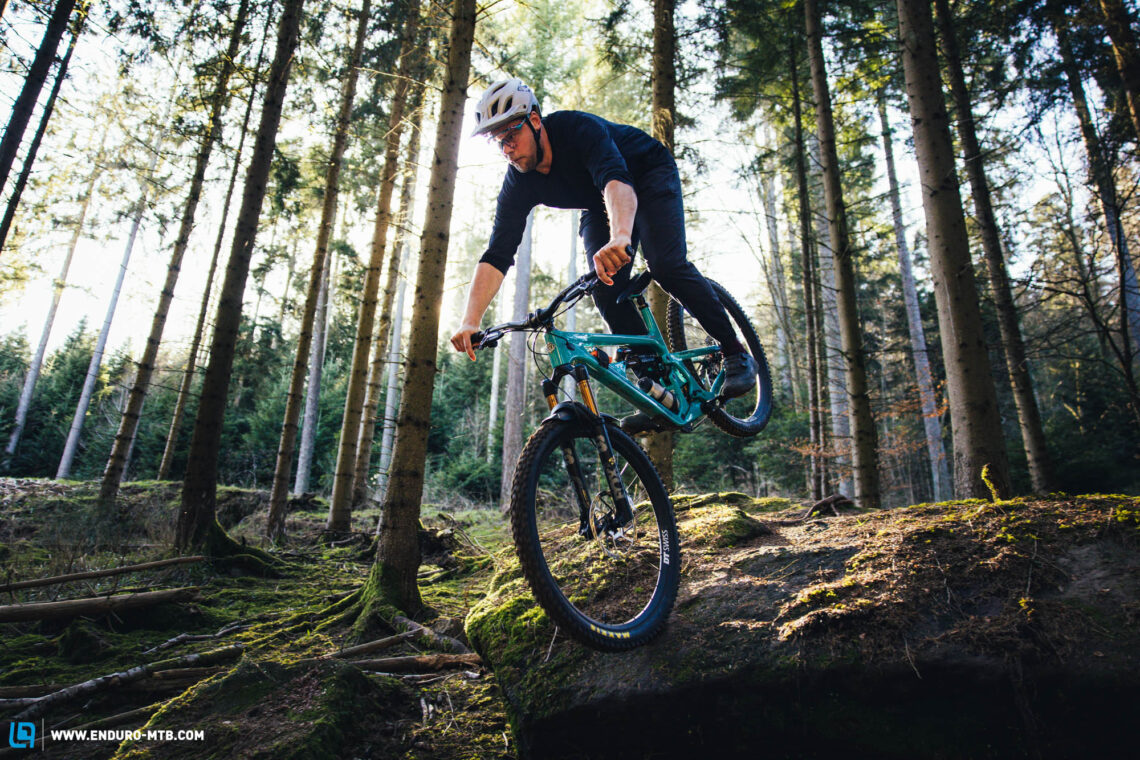
Our conclusion on the DT Swiss FR 1500 Classic wheelset
The wheel specialists at DT Swiss further cement their excellent reputation with the launch of the DT Swiss FR 1500 Classic wheelset, capable of withstanding even the gnarliest of mountain bike abuse. Even after countless impacts and many kilometres, they continue to spin as smoothly as on day one, showing no significant damage and delivering a strong performance on the trail. If you’re looking for a reliable and fairly priced wheelset, look no further.
Tops
- durable rims and high-quality hubs
- excellent build and assembly quality
- great trail performance
- tubeless tape and valves included
Flops
- exclusively available with red decals
For more information, visit DT Swiss.
Did you enjoy this article? If so, we would be stoked if you decide to support us with a monthly contribution. By becoming a supporter of ENDURO, you will help secure a sustainable future for high-quality mountain bike journalism. Click here to learn more.
Words: Peter Walker Photos: Peter Walker, Mike Hunger




